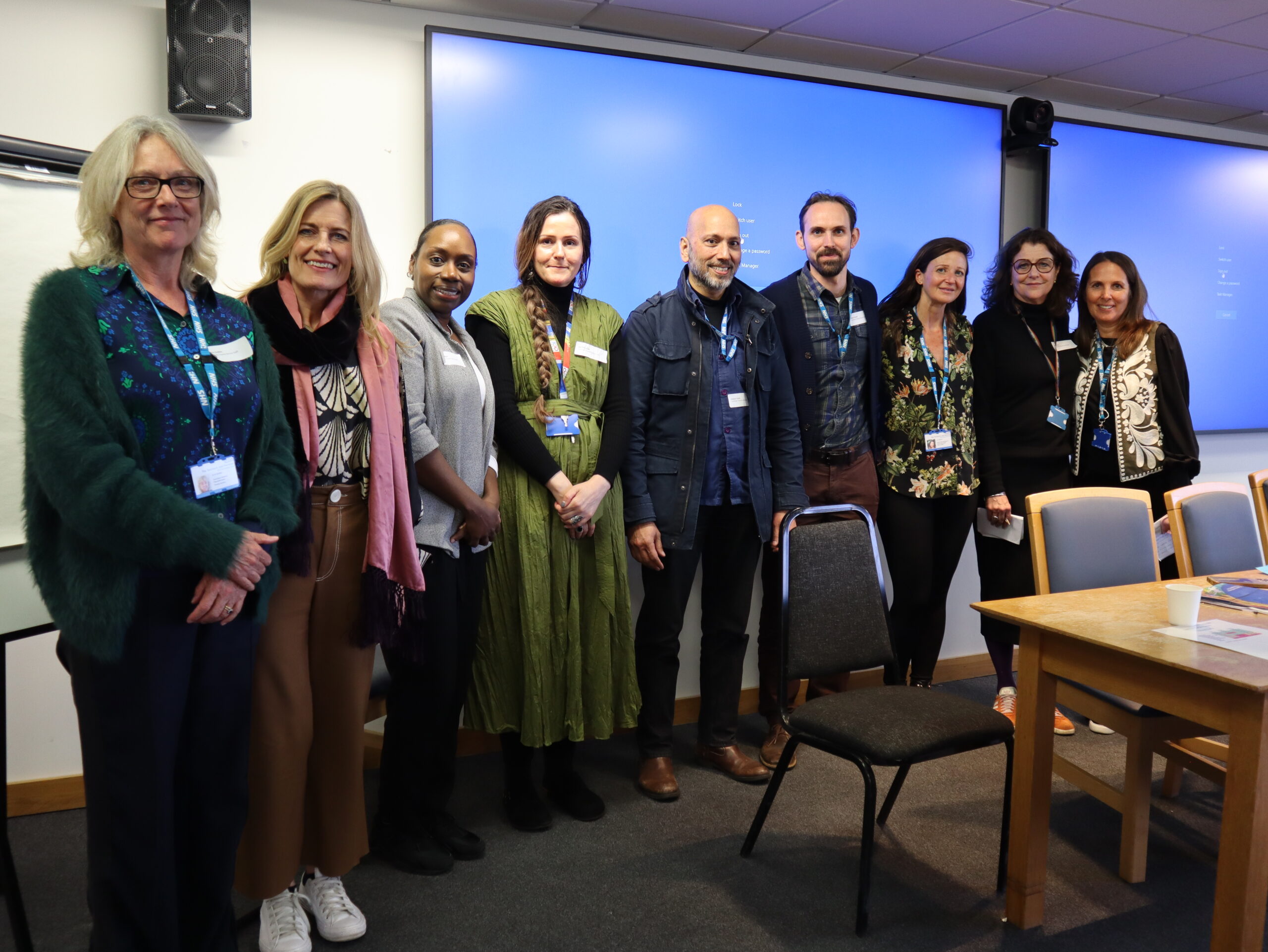
Tavistock trauma service hosts conference on complex trauma
Professionals from across the country came together to learn, connect and share best practice
On Friday 26 April, our award-winning trauma service hosted a one-day conference on working with complex trauma in adults.
Taking place at the Tavistock Centre in London, the event drew a full lecture theatre, bringing people together from across the country to learn, connect and hear best practice from the service on how to support patients with complex trauma.
Dr Jo Stubley, Lead Clinician and Lead Organiser for the conference began the day by acknowledging the significance of gathering in-person and having the opportunity to connect within a safe and nurturing environment. Many attendees had engaged with the service through our online trauma lecture series, making this face-to-face interaction a particularly meaningful experience.
Over the course of the day, speakers from the trauma service shared insightful presentations that explored various dimensions of complex trauma. This included sessions on working with complex post-traumatic stress disorder, reflections from the service’s psychoeducational groups and the intersection of trauma, yoga and the body.
In the afternoon, Amanda Rock and Eenasul Fateh, both members of the Trauma service and experts by experience, gave a powerful presentation on peer support.
Eenasul Fateh said “Being together in person was inspiring. I had the privilege of facilitating one of the four (quite large!) small groups and it truly was a feast of a conversation, with perspectives from across regions, disciplines and settings. One of the participants wrote to me after: “I think today was such an important start of moving services forward to a truly informed approach and hope [we] can replicate it going forward.”
Eenasul continued “The audience seemed to find it an accessible, thought-provoking day. While they may have described the work of our unit as “five star” or “the gold standard” in the trauma sector, they were also very reassured by our down-to-earth accounts of what is involved.
There was a magical moment – “You had to be there!” – when sparrows suddenly burst into song on cue. I had been describing the significance of being able to interact with these beautiful creatures across my childhood as we wandered from country to country and how I saw them as a metaphor for good; indeed I saw myself and my team as the human equivalents of these birds. At which point to all our delight the birds intervened.”
Amanda Rock added to this, saying “I’ve always been passionate about psychology. This conference was rich and powerful, I felt at home where I belong, and I’m excited about new future opportunities.”
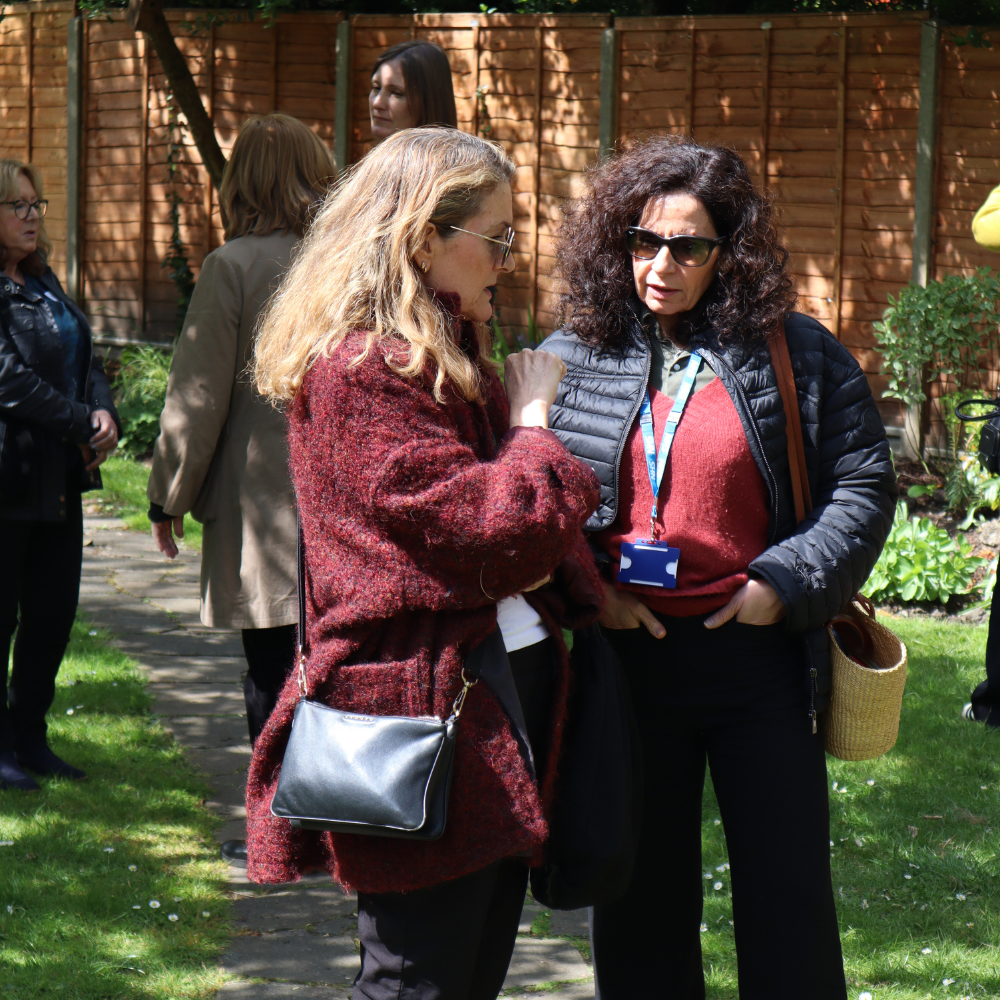
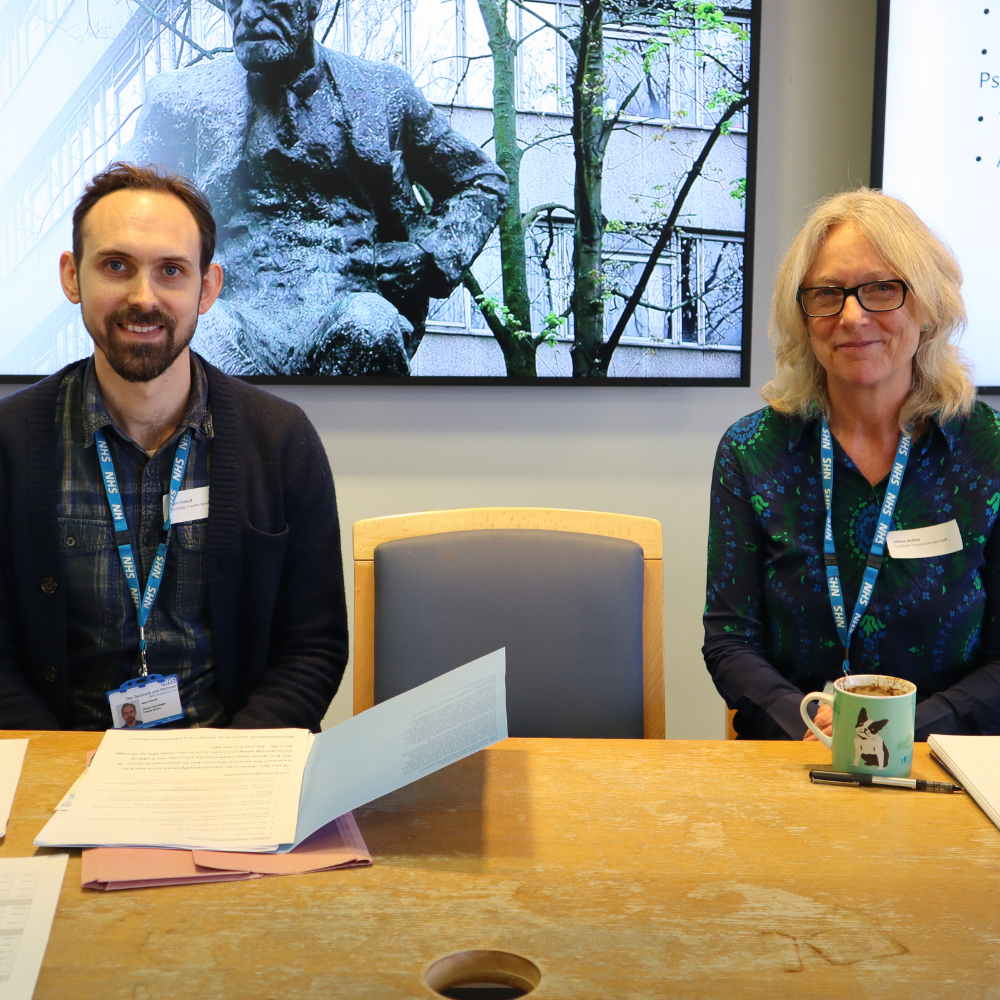
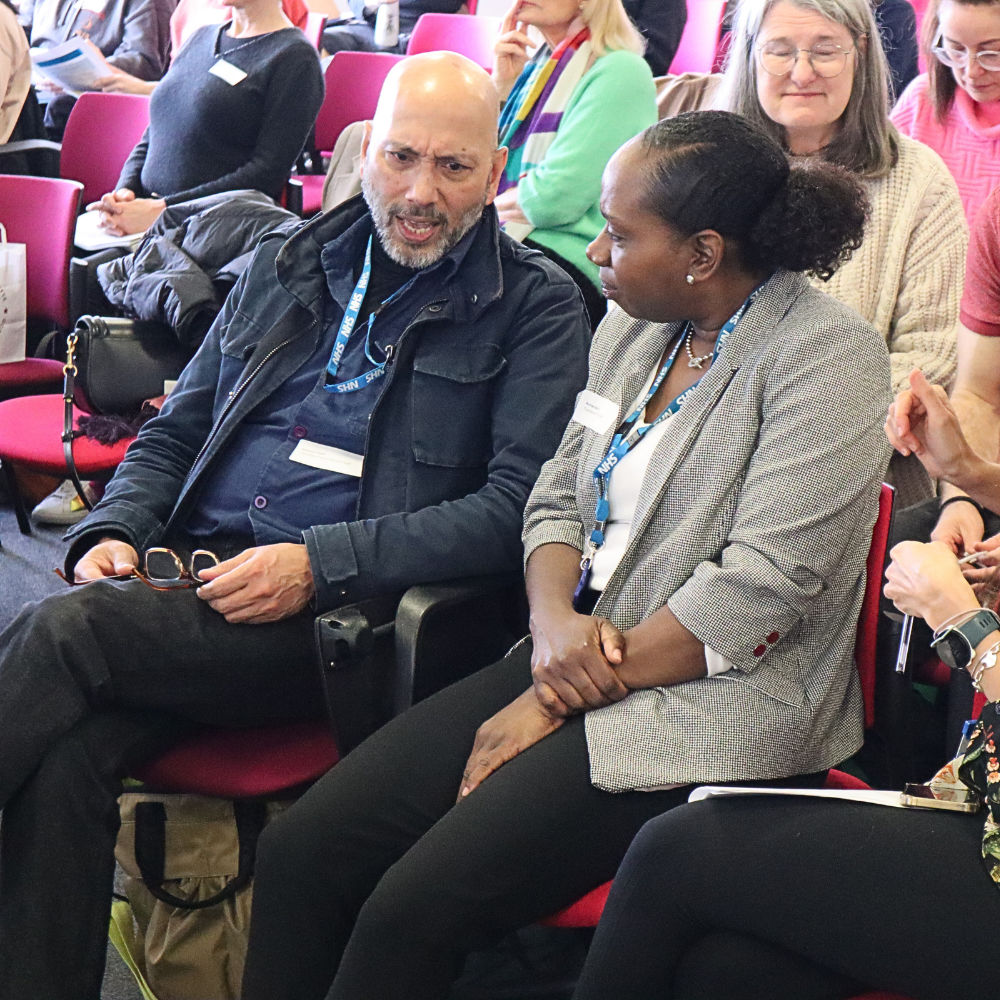
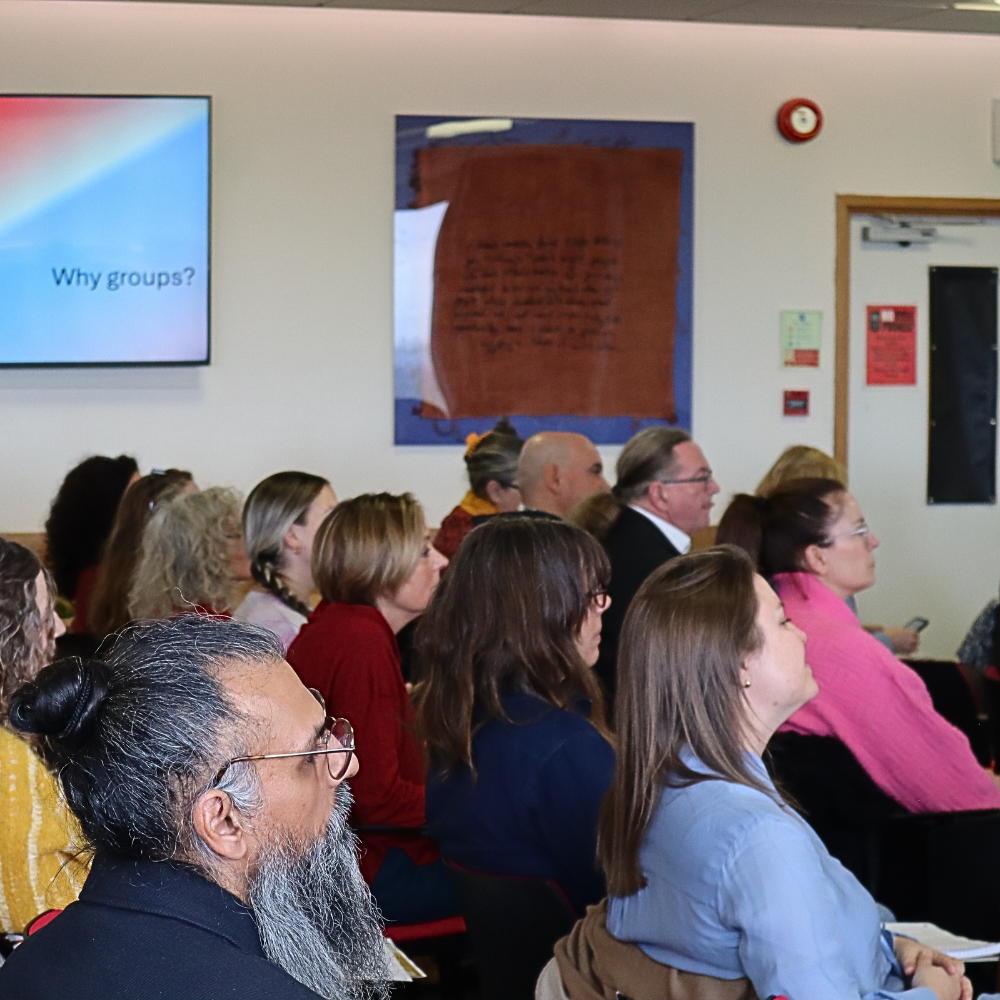
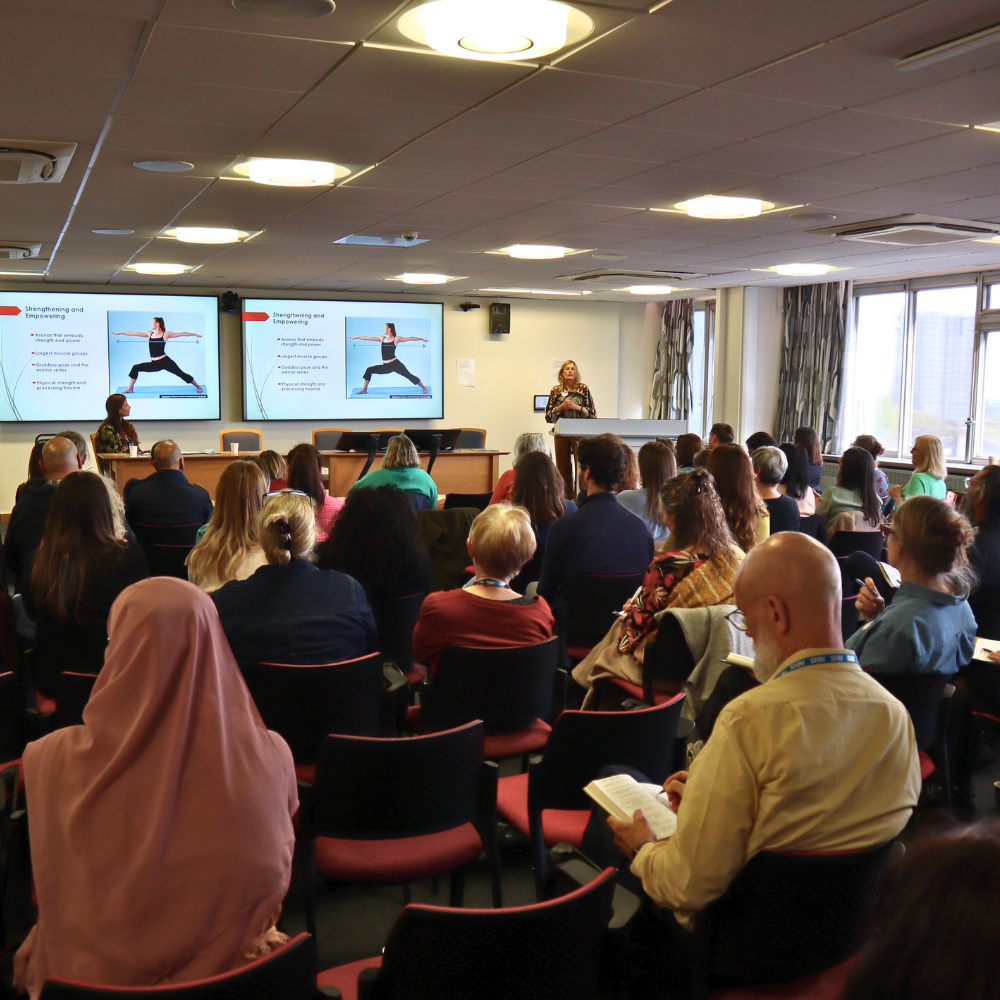
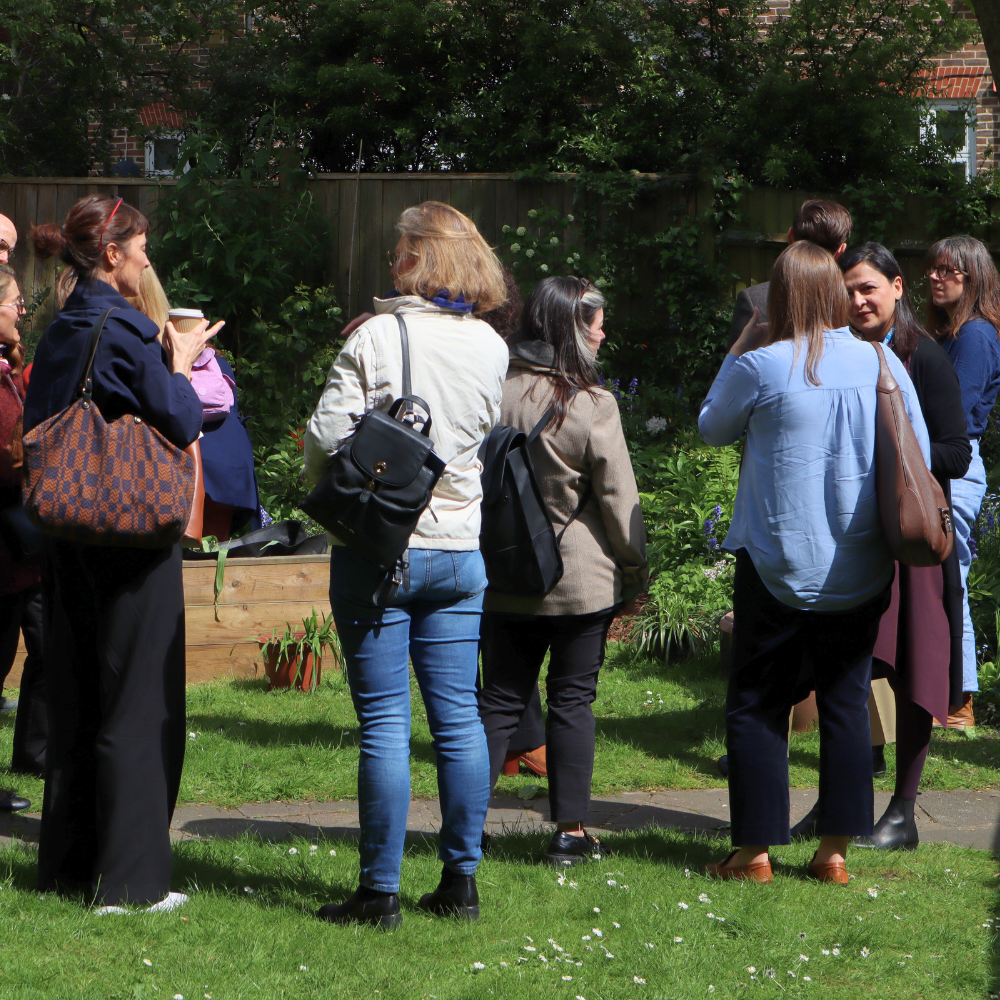
Throughout the programme, speakers emphasised the importance of continued learning and its practical application. Indeed, the day provided ample opportunity for experiential learning with small group reflective spaces, a visit to the garden to learn more about the service’s garden therapy group and a viewing of an art exhibition to see artwork from staff, students, service users and local artists.
Reflecting on the conference, Clinical Psychologist Dr Lisa Shaverin, who gave a session on trauma-focused mentalisation based therapy, shared “I’ve really enjoyed today, hearing from my colleagues, being able to think in more depth about the work that we do and connecting with members of the audience about their work”.
Laura Salter, who presented on the topic of non-recent child sexual abuse disclosure, echoed this saying “Even though I know the work of my colleagues, I feel like I learnt so much more about the work that they do in depth and that helped my understanding of my own work”.
The organising group would like to extend their gratitude to all colleagues, speakers and attendees whose dedication and contributions made this event possible.
Where next?
If you’d like to learn more about our work, and enhance your own knowledge and skills in trauma, explore our related training:
- Hosted by the trauma service, our external lectures on trauma (CPD45) provide a regular opportunity to refresh your understanding of trauma and to hear specialists share new ideas and real-life case studies.
- Combining a clinical placement and academic programme, Complex trauma: the Tavistock model (D19), offers qualified psychotherapists and psychoanalysts the opportunity to train in our award-winning trauma service.
 Trust certificate
Trust certificate 


